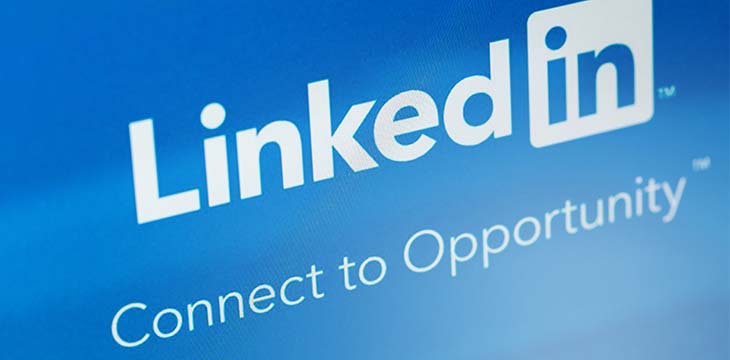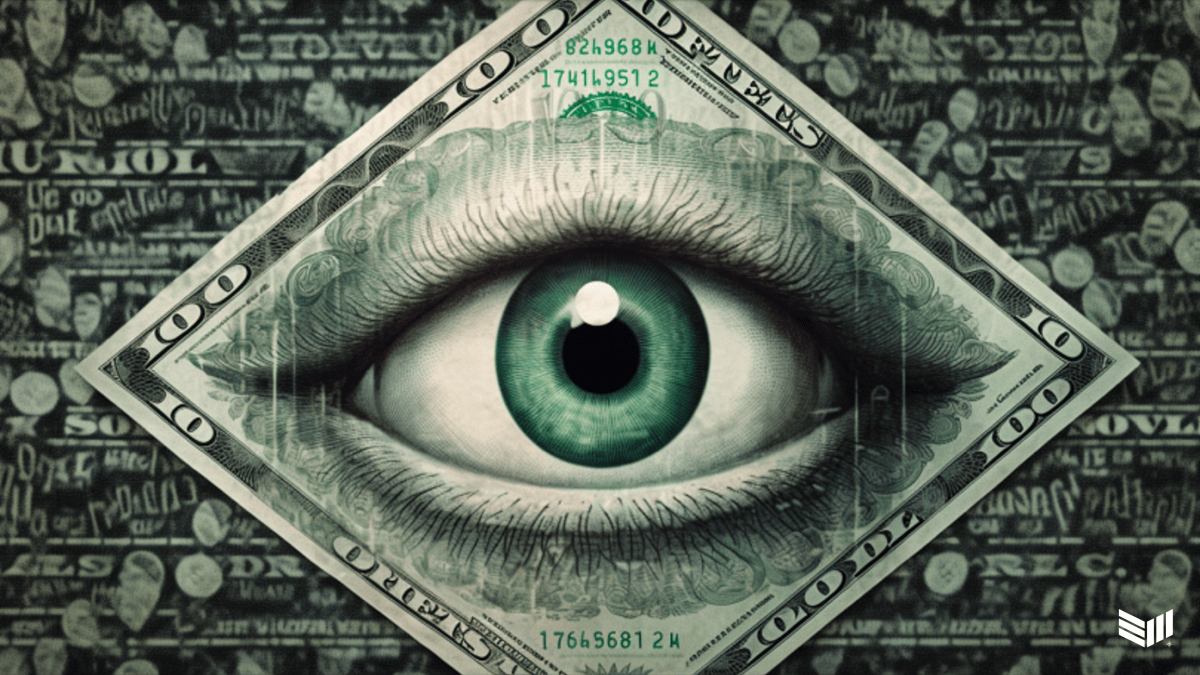At the turn of the millennium, few rock bands were in the same league as Limp Bizkit.
Yet, in revelations lawyers call “shocking,” Fred Durst and his former band claim they have “not seen a dime” in royalties all these years later.
Durst and Limp Bizkit are suing Universal Music Group (NASDAQ: UMGNF) (UMG) for over $200 million, accusing it of a fraudulent policy designed to conceal royalties and withhold profits.
The lawsuit seeks unpaid royalties, voiding the band’s contract with UMG, returning all its copyrights, and compensating for copyright infringement.
According to Billboard, UMG claimed royalties had only been paid recently because Limp Bizkit’s upfront advances had yet to be recouped. The band’s representatives found this claim “highly suspect,” prompting an investigation which led to the lawsuit.
The exploitation of artists is rife in the music business
Over the decades, numerous high-profile disputes have occurred between music labels and artists. The Beatles, Prince, and Taylor Swift have all initiated lawsuits over rights to their master recordings and royalties, leading to expensive, high-profile cases highlighting how artists are often exploited by unscrupulous labels who stack the deck in their favor.
While each case differs, they highlight the lack of transparency in the music business and how disputes over who owns what can occur because of smoke-and-mirrors contracts that favor record labels at everyone else’s expense.
The technology to solve these problems exists today
There’s no longer any need for these shady practices in the music business. Just as the music industry adapted to the internet and streaming by harnessing new technology, it can utilize another cutting-edge tech—blockchain—to create clear, unambiguous contracts where royalties are paid out in real-time.
Firms like SmartLedger Solutions showcase how this can be done. Its Rare Generation digital rights management platform uses the power of blockchain to distribute payments transparently. By using micropayments and replacing the perplexing paper contracts with simple, smart contracts, DRM platforms like this ensure royalties are streamed to each party as and when payments are made.
Since every blockchain transaction has an immutable time-stamped record on the associated ledger, there can be no disputes about who was paid what or when. Furthermore, everyone who collaborated on a piece of art, from the artist who designed the album cover to the record company executives, could receive payments on an ongoing basis. With advanced smart contracting languages made easier to code with development tools like sCrypt, specific conditions can also be set, such as the record label having to recoup x amount before royalty payments are made to other parties.
The importance of scale
Spotify (NASDAQ: SPOT) alone streams over a billion tracks daily, so scalability is crucial. Only scalable utility blockchains like BSV, which can process one million transactions per second, are currently up to the task.
While introducing private blockchains controlled by individual corporations is another potential solution, it defeats the purpose from the perspective of transparency and trust. Once again, the big firms would hold all the power, and payments would be determined by a system hidden behind closed doors.
Today, only a handful of innovative startups use blockchain tech to disrupt the music industry, but established players will soon realize its capabilities. Whichever record label embraces it to create a fairer, more transparent deal for artists will reap the rewards and force the competition to do the same in time.
Of course, artists don’t have to wait for record labels to make the first move; they can now use platforms like Jamify to self-publish music. They can also start demanding labels utilize transparent tech like blockchain before signing with them. While it is true that artists may make less money without the backing of big labels, let’s keep in mind that those same big labels make no money without artists.
Watch: Layer 2 blockchain premise is built on a lie—here’s why
Note: This article have been indexed to our site. We do not claim legitimacy, ownership or copyright of any of the content above. To see the article at original source Click Here













